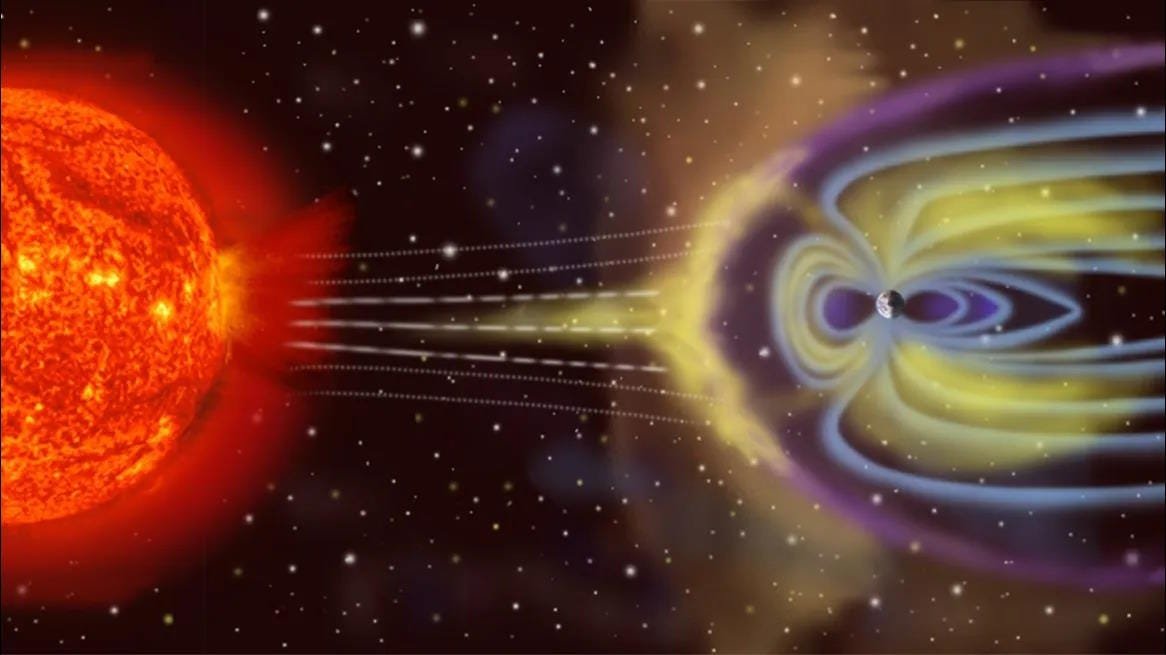As the Sun ages, it loses mass, causing Earth to spiral outwards in its orbit. Will that cool the Earth down, or will other effects win out?
One of the most important rules in all of physics is the equivalence between mass and energy, first put forth by Einstein over 100 years ago: E = mc². Perhaps most famously, this is the process at play inside all stars like the Sun: where light elements get fused into heavier ones through nuclear reactions, but where the products of the reactions are less massive than the reactants that go into them. The remaining mass gets converted into energy, where it provides light and heat to the greater Universe, including to planets like Earth. It’s these reactions, powered by nuclear fusion, that are at the heart of all Sun-like stars, with the conversion of mass into energy responsible for ultimately making the stars (and Sun) shine.
But the Earth also relies on the Sun’s gravitational influence to keep it in orbit, and as the Sun loses mass, that’s going to cause Earth’s orbit to change. When our orbit changes, will the climate change as well? And if so, how? That’s the question of Corina Gherasimescu, who inquires:
“I came across an old article… about the Sun…

